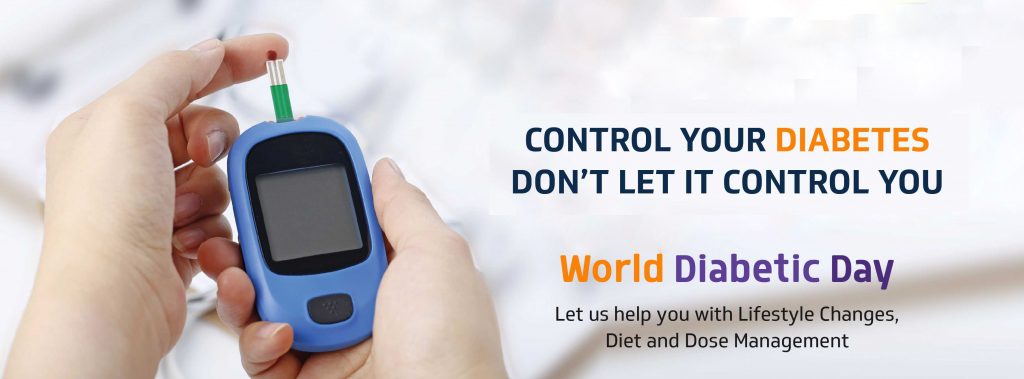
Inflammation in laymen terms is swelling with redness and pain. A painful bruise or insect bite with surrounding area of redness and pain is Inflammation.
Diabetes is a lack of or underutilization of Insulin. Insulin is a hormone produced in our bodies by the pancreatic beta cells. Insulin helps in the sugar metabolism of our body. Scientists for past ten years have known increased levels of Inflammation in people with adult-onset Diabetes which is mostly from underutilization of Insulin also called Insulin resistance.
In Diabetes the inflammation is internal. This is now being studied and researched extensively, as reducing inflammation through exercise, diet and medications can help in treating Diabetes.
Diabetes is closely associated with Obesity. In abdominal obesity where there is the excess fat collection (adipocytes) around the waistline. Adipocytes produce bioactive proteins that can be easily measured and can reflect the inflammatory status of any person. Fat filled adipocytes have a higher concentration of cytokines, chemokines (inflammatory markers) which stimulate macrophages. These together lead to inflammation throughout various organs of the body and also induce insulin resistance.
The liver is also affected by overweight/obesity. Non-alcoholic fatty liver disease (NAFLD) ranges from mild steatosis (fatty collection in the liver) all the way to liver cirrhosis. Lipid accumulation in liver cells also releases cytokines, chemokines. Inflammation from these has shown its role in pathogenesis and progression of NAFLD. Hepatic (Liver) Glucose production is not suppressed as these markers induce hepatic insulin resistance. This further worsens diabetes.
Exercise like walking 35 – 40 mins a day helps in the prevention and control of diabetes, partly by weight loss and partly due to its direct anti-inflammatory effect. Exercises release chemicals against inflammation from body cells, leading to heightened insulin sensitivity. More and more studies are showing that diet has a significant role in reducing chronic inflammation.
Proper diet (low fat) control leads to weight loss, decreased fat collection, decreased inflammation which leads to increased inflammation sensitivity. Diet rich in omega 3 fatty acids (olive oil, canola oil, avocado, and walnuts), oranges, tomatoes, leafy green vegetables has anti-inflammatory properties. While foods that increase inflammation are margarine, dalda, beef, pork, full-fat milk, fatty cheese. Staying away from these keeps inflammation in control, which in turn controls progressional diabetes.
As science progresses in simplifying the role of Obesity, generating Inflammation leads to Diabetes and it’s progression. We need to re-emphasize the need for daily exercises and diet, in addition, anti-inflammatory medicines may have a significant role in the future to treat Diabetes.
Book Appointment With Dr. Chhavi Goyal Mehra, Internal Medicine
About The Author
Dr. Chhavi Goyal-Mehra – MBBS, MD, Internal Medicine U.C.S.F (USA)


